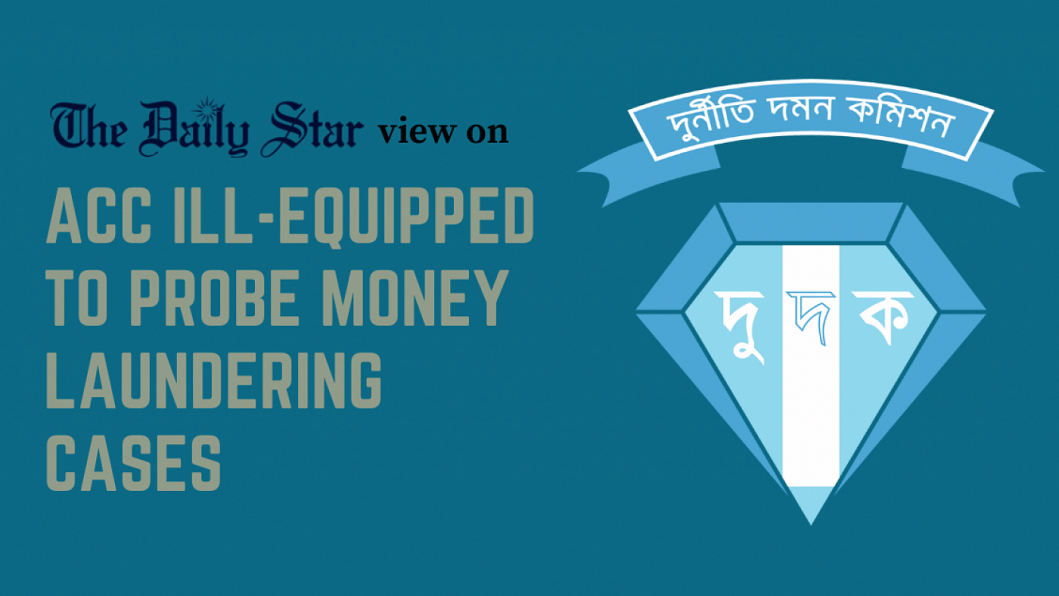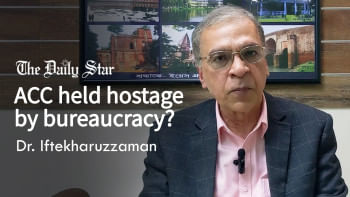What’s the point of a ceremonial ACC?

It's quite frustrating that even after two decades of its establishment, the Anti-Corruption Commission (ACC) remains ill-equipped to deal with money laundering cases. It is failing to make progress in such cases because of several factors including lack of cooperation from foreign countries, bureaucratic complexities, and a shortage of skilled lawyers. According to its director general for money laundering, the developed countries where a huge sum of money is laundered are not only reluctant to divulge information, but also make "unnecessary" queries to delay the process. While such an approach can definitely be a big problem for the ACC, lack of cooperation from relevant state agencies can also have a deterring effect.
Apparently, since 2018, the ACC has made 34 requests for information on the wealth of 24 persons to foreign countries, but it hasn't received any effective response till date. The question is, why? Apparently, the entire process of seeking and receiving information is very cumbersome, and is often mired in bureaucratic tangles. Reportedly, the ACC has to request the Bangladesh Financial Intelligence Unit (BFIU) to confirm the information on wealth laundered abroad. But the information BFIU collects from abroad cannot even be used before court because of an embargo on its public disclosure. In such cases, the ACC has to file Mutual Legal Assistance Requests (MLAR) to the respective countries. But here, too, the ACC cannot file the MLAR directly. In all, there are 12 steps involved in obtaining information from foreign countries, indicating a very cumbersome process.
While these problems are surely slowing down the pace of ACC investigations, it is also a fact that the agency itself has failed to live up to its mandate due to the inefficiency of its officials, self-imposed limitations, as well as political influence. Over the years, its power has been curtailed significantly. Its recent decision to hand executive power to its secretaries to transfer and promote its deputy directors and assistant directors – who are mainly involved in investigation related tasks – also amounts to clipping its own wings.
The question is, what is the point of having a dedicated anti-graft body if it is not equipped to investigate corruption cases properly? According to the Global Financial Integrity report, Bangladesh is one of the top 30 countries in terms of illicit financial flows. A GFI report published in 2021 said that around Tk 5 lakh crore was laundered to different countries in the five years since 2015. Money laundering is evidently destabilising the country's economy. Can the ACC afford to be a "toothless tiger" in such a situation?
It is high time the government removed all the loopholes and barriers that the ACC faces while investigating money laundering and other corruption cases. If needed, the ACC law should be amended to properly empower it to carry out its mandated duty.


 For all latest news, follow The Daily Star's Google News channel.
For all latest news, follow The Daily Star's Google News channel. 







Comments